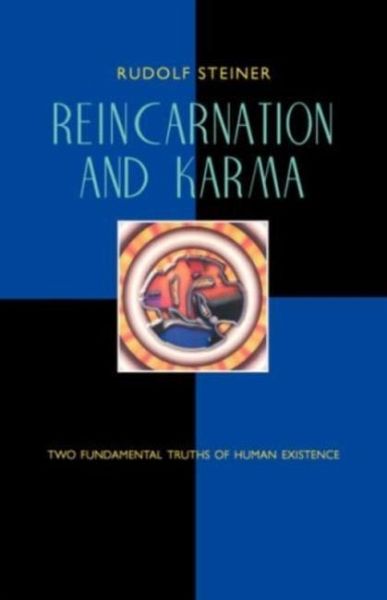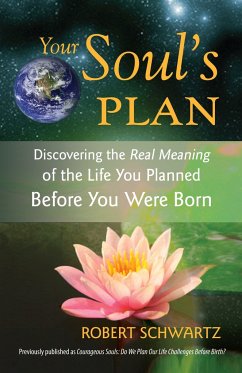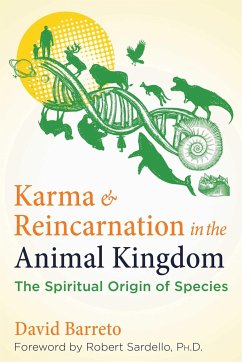
Reincarnation and Karma
Two Fundamental Truths of Human Existence (Cw 135)
Übersetzer: Osmond, Dorothy S
Versandkostenfrei!
Versandfertig in 2-4 Wochen
22,99 €
inkl. MwSt.

PAYBACK Punkte
11 °P sammeln!
Rudolf Steiner introduced the West to his detailed, scientific knowledge of reincarnation and karma. He gave concrete descriptions of the way individuals metamorphos during the course of successive incarnations and specific examples of how karma works. Steiner also provides practical exercises that lead us to experience the reality of reincarnation. He believed that by experiencing the reality of successive earth lives, we can form a foundation for a spiritual understanding of the relationship between humankind and the cosmos. These talks contain some of Steiner's most important teachings on r...
Rudolf Steiner introduced the West to his detailed, scientific knowledge of reincarnation and karma. He gave concrete descriptions of the way individuals metamorphos during the course of successive incarnations and specific examples of how karma works. Steiner also provides practical exercises that lead us to experience the reality of reincarnation. He believed that by experiencing the reality of successive earth lives, we can form a foundation for a spiritual understanding of the relationship between humankind and the cosmos. These talks contain some of Steiner's most important teachings on reincarnation and karma. His examples and exercises can lead us to direct knowledge of the laws of reincarnation and karma.













